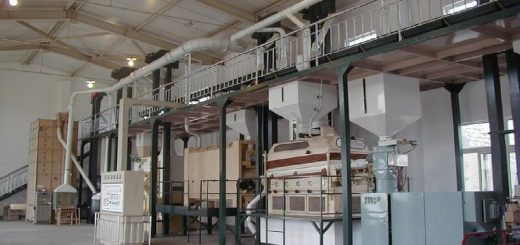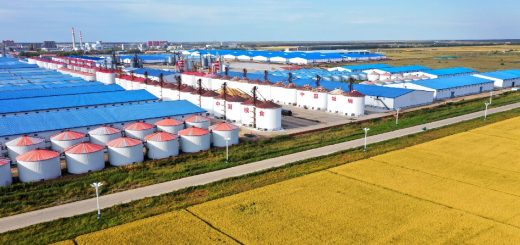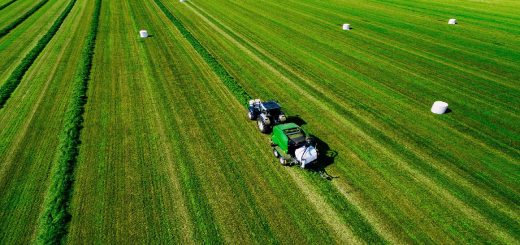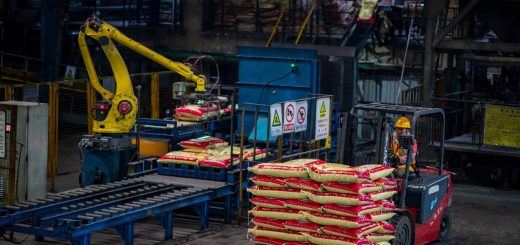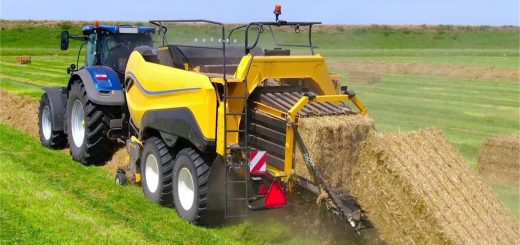Agricultural Sprayer Machines: Revolutionizing Modern Crop Management Practices
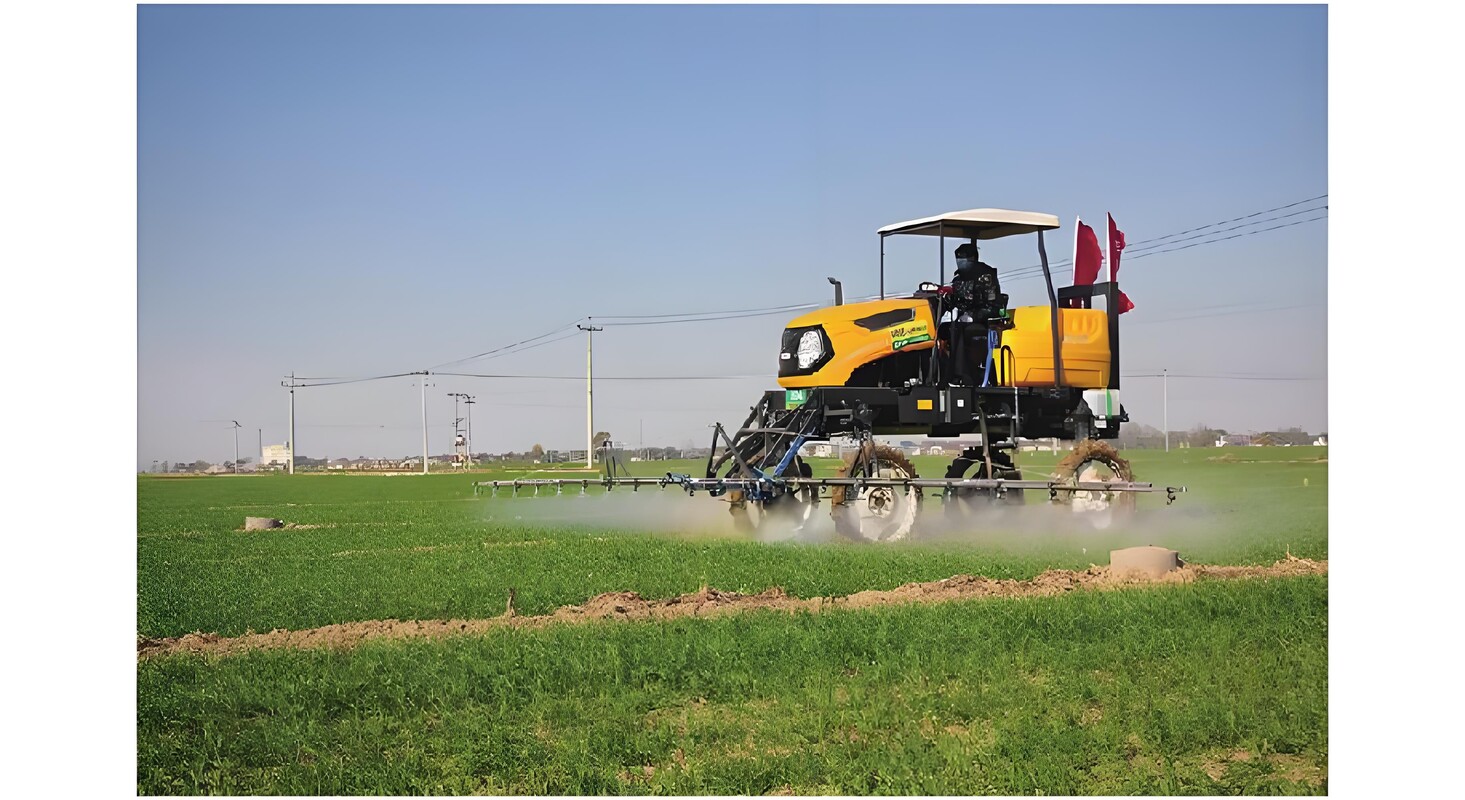
Agricultural sprayer machines, essential equipment in modern farming, are mechanized devices designed to evenly distribute liquid solutions such as pesticides, herbicides, fertilizers, and fungicides across crops. These machines range from handheld units to tractor-mounted systems and autonomous drones, representing one of the most significant technological advancements in agricultural history. By enabling precise chemical application, sprayers enhance crop health while minimizing environmental impact.
Applications span multiple agricultural scenarios:
- Crop Protection: Effectively controls pests and diseases in staple crops (wheat, rice, corn) and cash crops (cotton, fruits)
- Weed Management: Implements targeted herbicide application in row-crop fields and orchards
- Nutrient Delivery: Facilitates foliar fertilization for rapid nutrient absorption
- Disease Prevention: Applies fungicides in vineyards and vegetable plantations
- Specialized Treatments: Enables growth regulator application in horticulture and greenhouse operations
Key Advantages:
- Operational Efficiency: Covers 20-50 hectares daily, 8× faster than manual methods
- Precision Technology: GPS-guided systems achieve 98% spray accuracy, reducing chemical waste
- Cost Effectiveness: Lowers pesticide usage by 30-40% through controlled droplet application
- Environmental Safety: Minimizes chemical drift through anti-drift nozzles and electrostatic charging
- Labor Optimization: Reduces human exposure to chemicals while handling large-scale operations
Modern innovations include AI-powered sprayers with real-time plant health monitoring and variable-rate application systems that adjust chemical dosage based on crop density. These developments position agricultural sprayers as critical tools in achieving sustainable farming goals and global food security.


